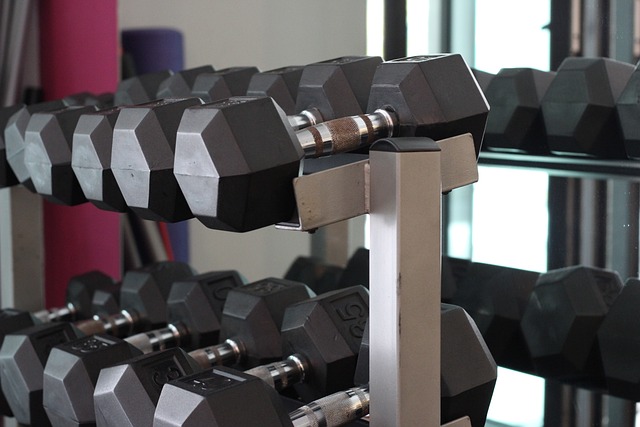 Question: Is it better to eat vegetables when they are raw or cooked?
Question: Is it better to eat vegetables when they are raw or cooked?
Simple answer: It is usually better to eat vegetables raw. It depends on the vegetable and the nutrients you’re trying to get out of them.
More elaborate answer: There are some vegetables that, when cooked, “lock” in their nutrients, so your body isn’t able to digest them, even you are taking it all in. For instance, broccoli is well known for containing sulforaphane, a compound which is thought to have anticancer properties, because it stimulates a body’s detoxifying enzymes. Cooking broccoli causes the sulforaphane to take on a form of which the body simply can’t make any use of. (If you absolutely prefer cooked broccoli over raw broccoli, it has been said that leaving broccoli a bit more on the “crunchy” side when it is being steamed or boiled may allow some of the sulforaphane to remain in an accessible form.)
However, many red or rosy fruits and vegetables (such as tomatoes, watermelons, carrots, red bell peppers, and papayas) contain lycopene, which also seems to have anticancer properties, but is taken in more easily by the body after the fruit or vegetable that it is in has been cooked. The heat breaks down some of the barriers, so your body doesn’t have to.
On the other hand, cooking vegetables, such as tomatoes, also tends to reduce their vitamin C content. Though this is an unfortunate side effect, most Americans are able to get their fair share of vitamin C through other parts of their diet, while lycopene is much less common. Thus, one might decide that tomatoes should always be cooked.
The exact benefits of compounds similar to sulforaphane and lycopene are not strictly defined, so it is difficult to plainly decide one way or the other. Is the loss of vitamin C worth the gain of lycopene? Similarly, many sources disagree on whether or not spinach is more beneficial plain or cooked. Raw, the fiber content is extremely high. Cooked, other vitamins and nutrients (iron, especially) are “unlocked.”
If this doesn’t seem like a definitive answer, that’s because it isn’t. It is clear that there are advantages and disadvantages to both ways of preparing vegetables.
Recommendation: Vary the way you prepare your vegetables. Cook vegetables as part of a meal, but feel comfortable adding a dish of fresh, raw veggies on the side as well.









